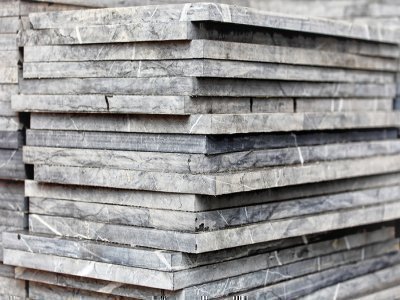Breaking News: Engineered Stone Banned In Australia
In a landmark move to combat the rising cases of silicosis among workers, Australia is set to be the first country to outlaw engineered stone.
Engineered stone, a material favoured for its durability and cost-effectiveness, is commonly found in Australian homes in kitchens and bathrooms and has been linked to significant health risks. The unanimous decision for a national ban was made by workplace ministers from various states and territories, following extensive health and safety concerns raised by medical professionals and labour groups.
The ban, to come into effect by July 2024, is a response to the alarming increase in silicosis, which is a serious lung disease found among workers handling engineered stone. As cases escalated, the need for stringent measures became evident.
The agreement includes a transition period for existing contracts involving engineered stone with specifics to be determined later. Moreover, the federal government plans to implement an import ban on engineered stone to bolster enforcement and prevention efforts. Workplace ministers will meet again in March 2024 to finalise more details of how the ban would work, including the transition period.
The national ban follows a report by Safe Work Australia that recommended a prohibition on the use of all engineered stone, regardless of crystalline silica content.
Safe Work Australia’s report found that the high levels of respirable crystalline silica generated from working with engineered stone are likely to contribute to more rapid and severe disease and that there is no evidence of a safe threshold of silica content.
The report defines engineered stone as an artificial product that contains crystalline silica; is created by combining natural stone materials with other chemical constituents such as water, resins or pigments; and undergoes a process to become hardened.
Several specific products will be expressly excluded from the definition of engineered stone including concrete and cement products; bricks, pavers and other similar blocks; ceramic and porcelain wall and floor tiles; roof tiles; grout, mortar and render; and plasterboard.
The decision has been widely welcomed by trade unions and health organizations, citing its potential to save lives. Critics, including some industry representatives, argue that the ban might overlook broader safety issues in the workplace. Alternatives to engineered stone, such as natural stone, porcelain, and laminate, are being considered as safer options. The ban represents a significant shift in workplace safety standards, highlighting the importance of proactive measures in occupational health.









